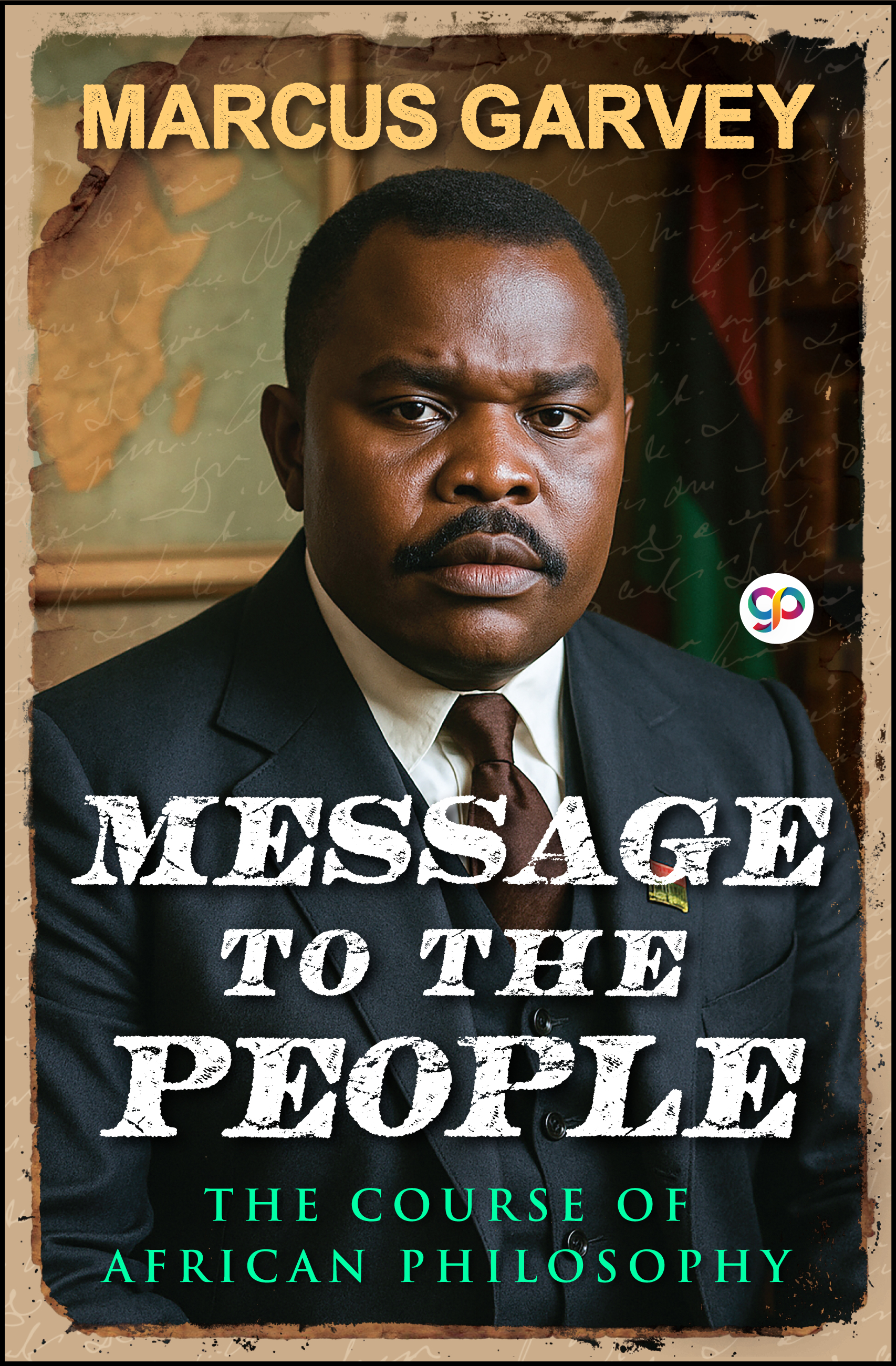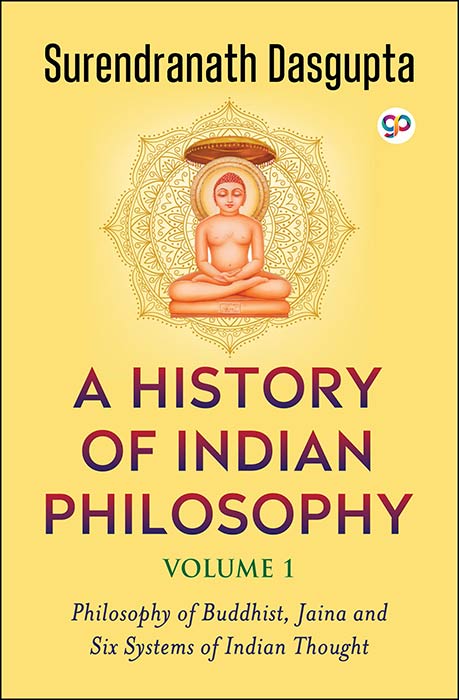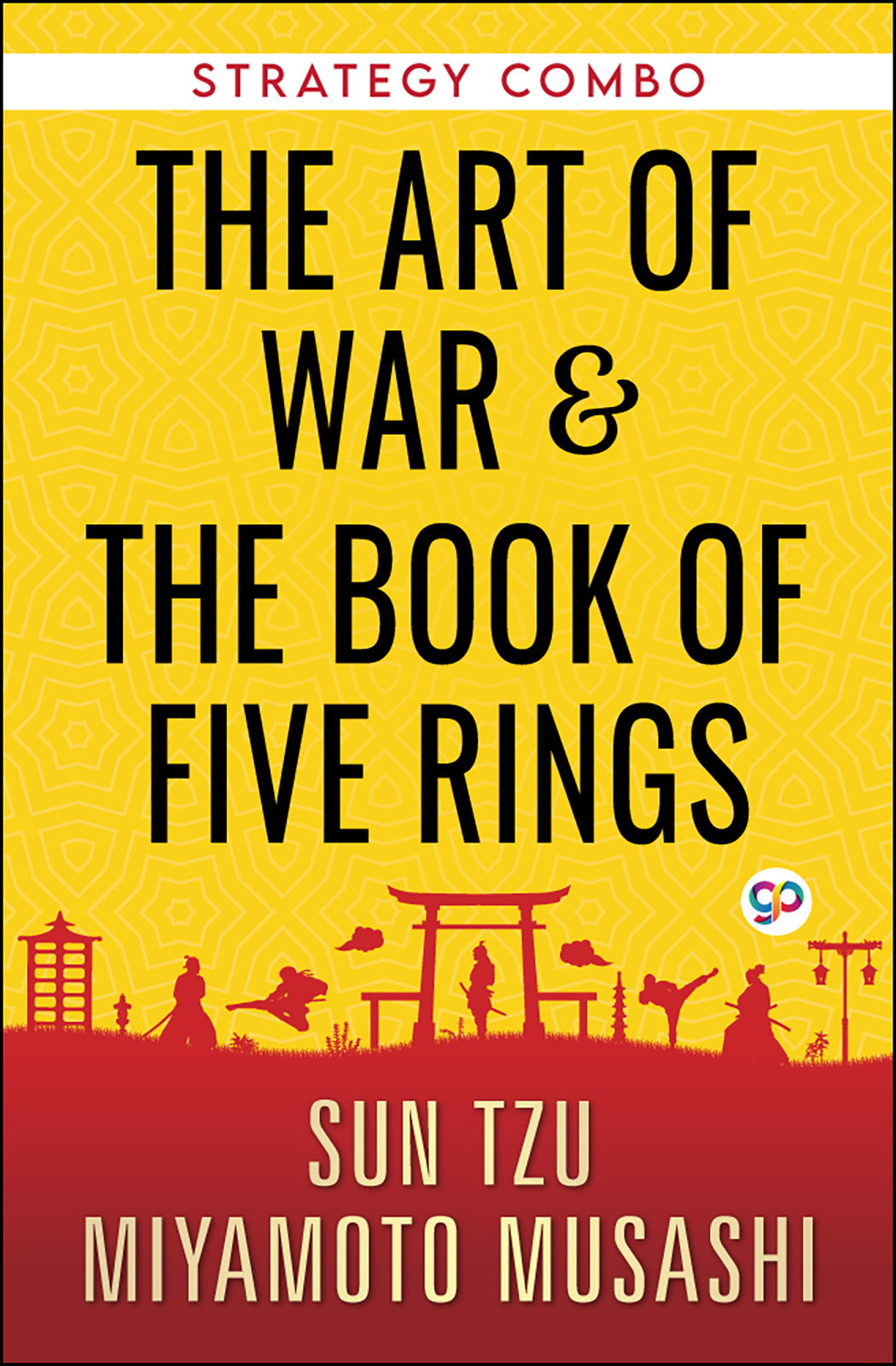
Message to the People (eBook)
First published posthumously in 1986, ‘Message to the People’ captures the bold vision and enduring voice of Marcus Garvey, a pioneering leader of the Pan-African movement. Originally presented as part of a private course for members of the Universal Negro Improvement Association (UNIA) in the 1920s, this powerful text serves as a direct guide to Black empowerment, unity, and self-determination.
In this concise and passionate work, Garvey outlines his philosophy of racial pride, economic independence, and the importance of cultural identity. He calls on people of African descent to rise above oppression through discipline, education, entrepreneurship, and collective organization. His message is clear: true freedom and progress begin with self-respect and the building of strong, self-reliant communities.
Written in plain, forceful language, ‘Message to the People’ remains a foundational text in Black nationalist and Pan-African thought. It speaks not only to the struggles of Garvey’s time but also to ongoing global movements for equality, justice, and cultural pride. This enduring manifesto continues to inspire and empower new generations with its call for liberation, leadership, and unwavering commitment to the upliftment of African people everywhere.
BEST SELLERS
About the Author
Marcus Garvey (1887–1940) was a Jamaican political leader, writer, and orator who became a key figure in the Pan-African movement and a champion of Black pride and economic self-reliance. Born in St. Ann's Bay, Jamaica, Garvey was largely self-educated, developing a passion for reading and public speaking early in life. He traveled to Central America and Europe, where he was exposed to global racial injustices, which deeply influenced his worldview.
In 1914, Garvey founded the Universal Negro Improvement Association (UNIA) in Jamaica, later establishing its headquarters in Harlem, New York. By the 1920s, the UNIA had millions of members worldwide. Garvey advocated for Black empowerment, the return to Africa movement, and economic independence through Black-owned businesses. He launched the Negro World newspaper and created the Black Star Line, a shipping company aimed at connecting African diasporas and promoting trade.
Garvey’s bold ideas and mass following made him a controversial figure. He faced opposition from both white authorities and other Black leaders. In 1925, he was imprisoned for mail fraud related to the Black Star Line and was later deported to Jamaica.
Garvey spent his final years in London, where he died in 1940. His legacy endures as a symbol of Black pride and global unity.












